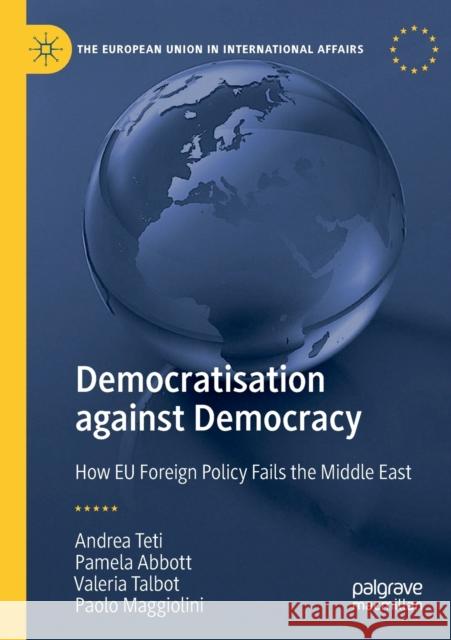Democratisation Against Democracy: How Eu Foreign Policy Fails the Middle East » książka
topmenu
Democratisation Against Democracy: How Eu Foreign Policy Fails the Middle East
ISBN-13: 9783030338855 / Angielski / Miękka / 2021 / 336 str.
Democratisation Against Democracy: How Eu Foreign Policy Fails the Middle East
ISBN-13: 9783030338855 / Angielski / Miękka / 2021 / 336 str.
cena 362,27
(netto: 345,02 VAT: 5%)
Najniższa cena z 30 dni: 346,96
(netto: 345,02 VAT: 5%)
Najniższa cena z 30 dni: 346,96
Termin realizacji zamówienia:
ok. 16-18 dni roboczych.
ok. 16-18 dni roboczych.
Darmowa dostawa!
Kategorie BISAC:
Wydawca:
Palgrave MacMillan
Seria wydawnicza:
Język:
Angielski
ISBN-13:
9783030338855
Rok wydania:
2021
Wydanie:
2020
Numer serii:
000464983
Ilość stron:
336
Waga:
0.42 kg
Wymiary:
21.01 x 14.81 x 1.88
Oprawa:
Miękka
Wolumenów:
01
Dodatkowe informacje:
Wydanie ilustrowane











